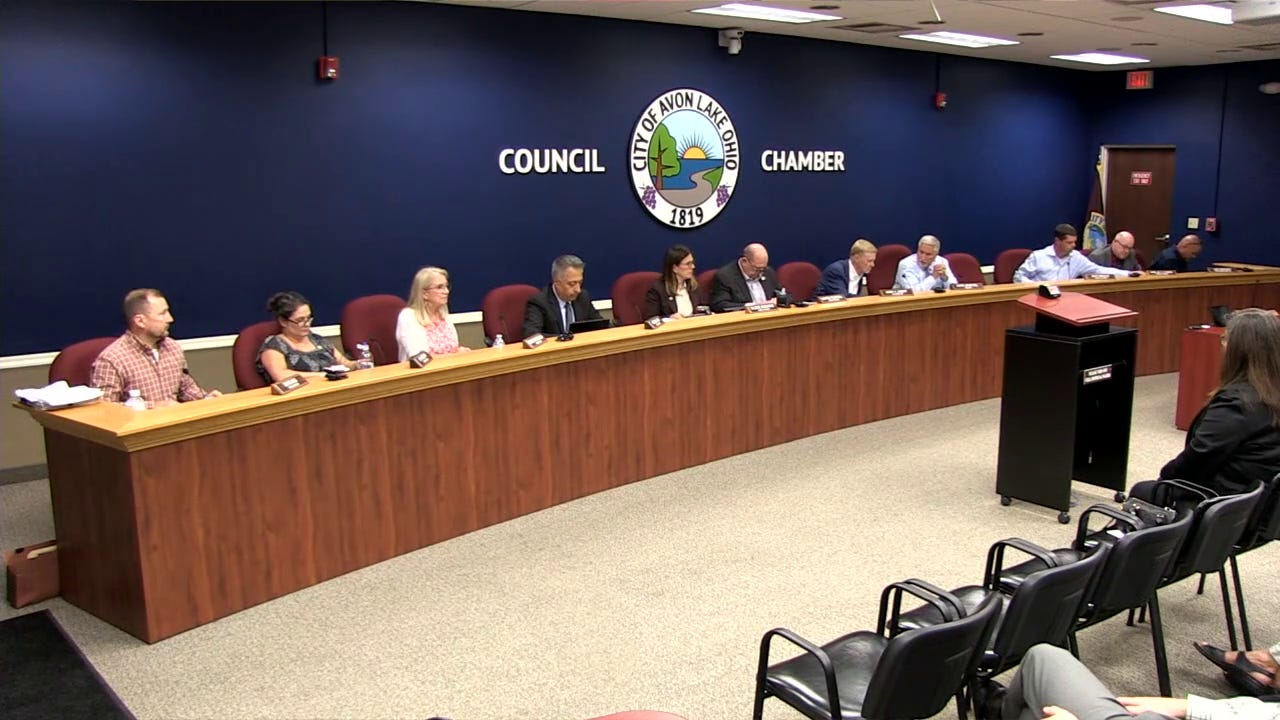How Many Residents Must Attend a City Council Meeting, Unified in One Voice, for Their Concerns to Be Taken Seriously?
Is attending a city council meeting is worth your time?
A question that lingers in the minds of many community members is, "How many residents must show up, unified in one voice, for city council to take their concerns seriously?" It is a sobering question, one that reflects not just a concern about the workings of local government but also the very nature of democracy itself.
100 residents attending city council. Is it enough?
In Avon Lake, during a recent city council meeting prior to the first power plant implosion, over 100 residents gathered to voice their concerns about the impact on their health, safety, and the environment. They demanded a delay, citing the dangers involved and the lack of transparency in decision-making. Yet, despite this considerable turnout, council members during the 09/09/2024 city council meeting, dismissed these concerns, reducing them to irrelevant noise because no official vote had occurred. The message was loud and clear: the voices of over 100 concerned citizens fell on deaf ears because procedural matters took precedence over the collective concerns of the community.
This incident is a stark reminder that even a substantial turnout at city council meetings does not guarantee immediate action. Still, it underscores the importance of showing up because when people stop attending, stop speaking, and stop standing together, those in power feel less accountable. The 100+ residents who showed up at that council meeting became a symbol of resilience, a reminder that civic participation is not a one-time event but an ongoing responsibility. Their unified voice may not have immediately changed the outcome, but it continues to echo through the community, spurring others to take action.
Flint Michigan
A powerful local environmental example comes from Flint, Michigan, where residents fought against the contamination of their drinking water. When Flint switched its water supply to the Flint River in 2014, residents began to experience severe water quality issues, including discoloration and foul odors. Despite initial assurances from government officials that the water was safe, residents continued to voice their concerns at city meetings, organized protests, and even collected their own water samples, which eventually revealed dangerous levels of lead contamination.
Flint residents’ persistence forced national attention on the crisis. Through continuous pressure, lawsuits, and widespread media coverage, residents were able to secure a federal emergency declaration, an agreement to switch the water source back, and a plan for the replacement of lead service lines. Without the relentless efforts of Flint’s citizens, this public health disaster might never have received the attention it deserved.
You can read more about the Flint water crisis and the role of community activism in bringing it to light:
Flint residents were the first to call for action on the water crisis.
Residents maintained the momentum for political accountability throughout the crisis.
Residents collected data to highlight their experiences with and perspectives on the water system.
How many voices does it take?
The answer is simple—there’s no magic number. Whether it's 100 or 1,000 residents, the true power lies in consistency, in showing up again and again until the issue is addressed. One might think their concerns are redundant if others have already spoken up, but the truth is that each additional voice strengthens the call for accountability.
Every person who shows up at a city council meeting represents not just themselves, but the countless others who cannot be there. When you attend, you are adding your voice to a growing chorus, each echo amplifying the message. When council members see a packed room, they are forced to reckon with the fact that their decisions affect real people—neighbors, families, children. And while immediate change may not happen, history has shown us that repeated efforts, consistent voices, and unwavering participation do eventually lead to progress.
In Avon Lake, the struggle for accountability in local government continues. The question of how many voices it takes to be heard remains unanswered, but one thing is certain: we must keep showing up, keep speaking out, and keep demanding the attention our concerns deserve. No matter how many times our concerns are dismissed, and no matter how many others have already spoken, our voices matter—because if we stop showing up, they win.
So the next time you wonder if attending a city council meeting is worth your time, remember this: every voice counts. Keep showing up. Keep speaking out. Democracy is not a spectator sport, and your participation could be the tipping point for real change.
If you are concerned about issues like the recent implosion in Avon Lake or other matters in your community, make your voice heard. Attend city council meetings, speak up, and be part of the change.



